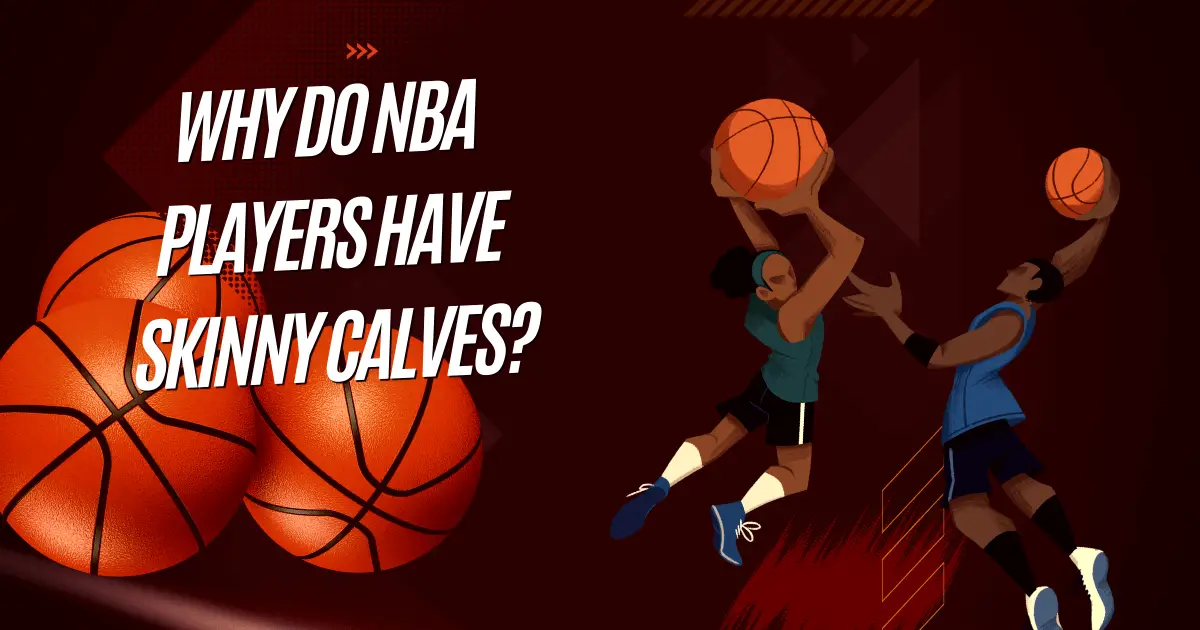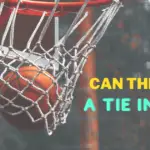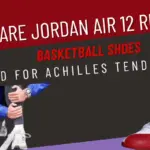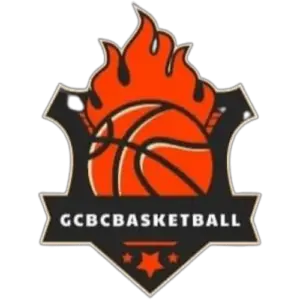The primary reason for this phenomenon is because most of the work NBA players do is centered around running and jumping. While they may lift weights in the off-season or during practice sessions, much of their time on the court focuses on more explosive movements like sprinting and leaping. Consequently, most of the muscle development in their lower body occurs mainly around their thighs as opposed to their calves; thus leading to an overall lankier look than other athletes who focus more intensively on calf exercises like squats or lunges.
What Is The Calf Muscle?
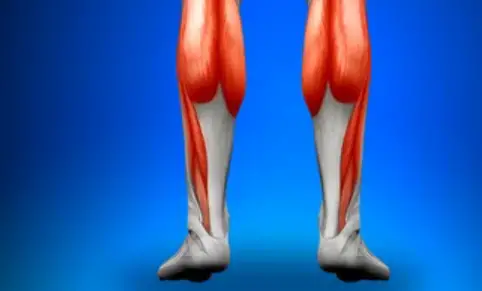
The calf muscle, technically known as the gastrocnemius, is composed of two parts that make up what we know as the “calves”–the medial and lateral heads. These leg muscles are responsible for flexing, spinning, and gliding our feet in all directions. Additionally, they also aid in balancing us when walking or running.
Reasons Why NBA Players Have Skinny Calves:
Genetics And Height
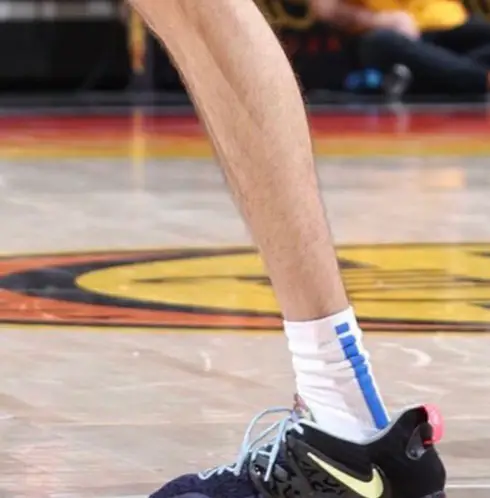
Height is one of the major contributing factors to having thin calves. Generally, taller people have longer limbs which makes them more prone to having thinner muscles in that area. This is due to a phenomenon known as Lombard’s Paradox, where taller individuals require less muscular effort for movement because their long limbs provide an advantage in momentum and power output.
Exercise For NBA Players
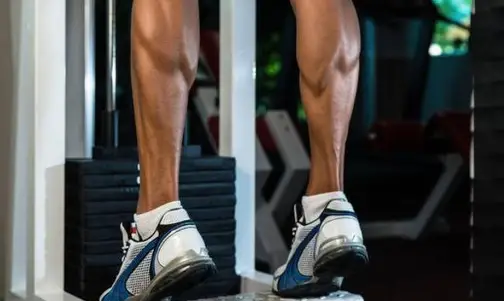
Exercise for NBA players is focused on quick bursts of speed and maximum control over their movements as they maneuver around the court. To ensure this agility, many players opt for lighter-weight training, which targets smaller muscle groups like those found in their calves — leading to a leaner, more defined look than heavier weight lifting would produce.
Diet Of NBA Players:
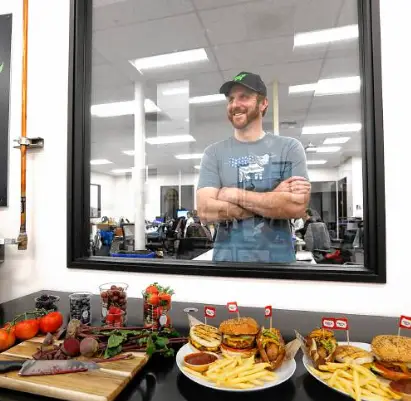
NBA athletes need to maintain a healthy weight while still having enough strength and endurance to handle the intense physicality of the game. Many rely on diets low in fat and carbohydrates with high protein levels for muscle development. This diet can lead to skinnier calves as it reduces body fat which typically gives NBA players legs more muscle definition and volume.
Does Basketball Work Out Your Calves?
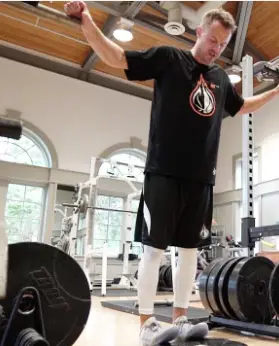
While participating in a basketball game doesn’t necessarily target your calves, playing the sport involves a lot of running and jumping, which can help tone your calf muscles. However, for NBA players who are already incredibly fit, strengthening their calf muscles will usually require additional exercises outside of playing basketball. This could include sprints and plyometrics, which focus specifically on building these muscles.
What Exercise Makes NBA Players Calves Bigger?
Exercises like squats and lunges are commonly used to build calf muscles, but these exercises alone won’t be enough for NBA players or anyone looking to gain muscle mass. For a more targeted approach, exercises like leg presses, calf raises, and seated calf raises can help target the specific muscles needed for larger calves. Additionally, incorporating weight into your routine will help create excellent resistance, contributing to muscle development.
Does Playing Basketball Make Your Legs Bigger?
Playing basketball can contribute significantly to increasing leg size. The frequent jumping and agility movements required while playing basketball require the leg muscles to work harder than they would during other physical activities like walking or jogging. This extra effort causes the muscles in the legs to tear and rebuild themselves over time, leading to an increase in muscle mass—and, consequently, more giant legs.
FAQs
Why do basketball team players have small calves?
Some basketball players have smaller calves compared to other athletes, especially when compared to athletes in sports like bodybuilding, football, or sprinting. Small calves can be due to genetics, training Focus, the necessity for speed and agility, and physiological efficiency.
Does playing basketball make your legs stronger?
Yes, basketball involves running, jumping, and lateral movements, all of which can help build strength in your legs.
Are big calves bad for basketball?
Not necessarily. Calve size doesn’t directly affect basketball performance. It’s more about strength, agility, and endurance.
Why do my calves hurt after playing basketball?
Your calves may hurt due to muscle fatigue, strain, or overuse from intense physical activity. If the pain persists, you should seek medical advice.
Why are basketball players so muscular?
Basketball players are muscular because they undergo rigorous strength and conditioning training to boost their performance, stamina, and injury resilience.
Why are big calves unathletic?
Big calves themselves are not unathletic. Athletic performance is more about muscle strength, endurance, agility, and flexibility rather than just muscle size.
Is having big calves a good thing?
Having big calves isn’t inherently good or bad. It’s the strength, flexibility, and endurance of your muscles that matter more for overall health and athletic performance.
Does calf raises make you taller?
No, calf raises to strengthen your calf muscles but do not contribute to overall height, which is determined primarily by genetics.
InfoGraphics:
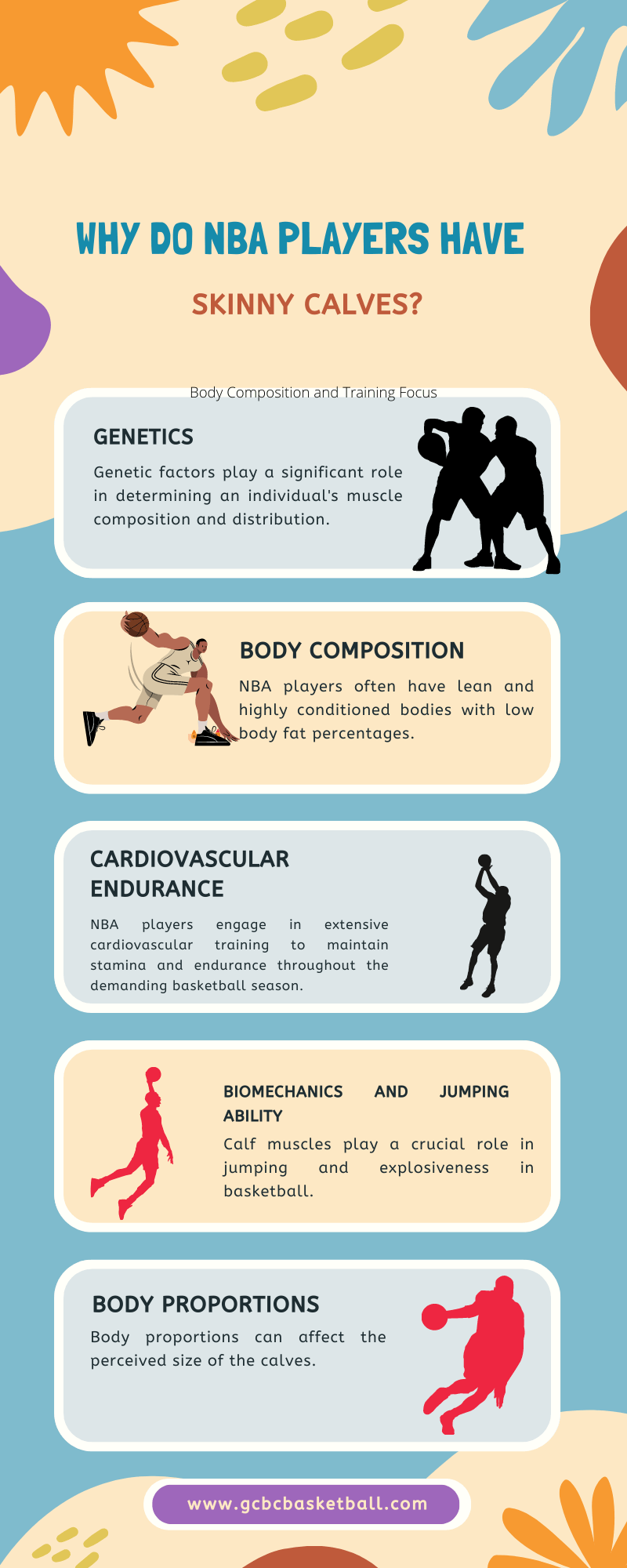
Is calf size genetic?
Calf size can be influenced by genetics, but it’s also influenced by factors like exercise and nutrition. Genetics play a role in determining the potential size of your calves, but lifestyle factors can impact their actual size.
Conclusion:
The reasons why NBA players have skinny calves can be attributed to genetics, the physical demands of the game, and dietary factors. Genetics may play a large role in determining calf size and shape, as certain genetic profiles are more suited for activities such as running and jumping. Additionally, the physical demands of basketball require players to be agile and explosive, which can lead to calves that are not particularly well-developed.

Clyde Jackson III is a basketball coach and the founder of GCBC Basketball, a basketball-related learning and informational website that focuses on helping young players develop their skills on and off the court. With over 15 years of coaching experience, Clyde has worked with players of all ages and skill levels, from beginners to professionals.

